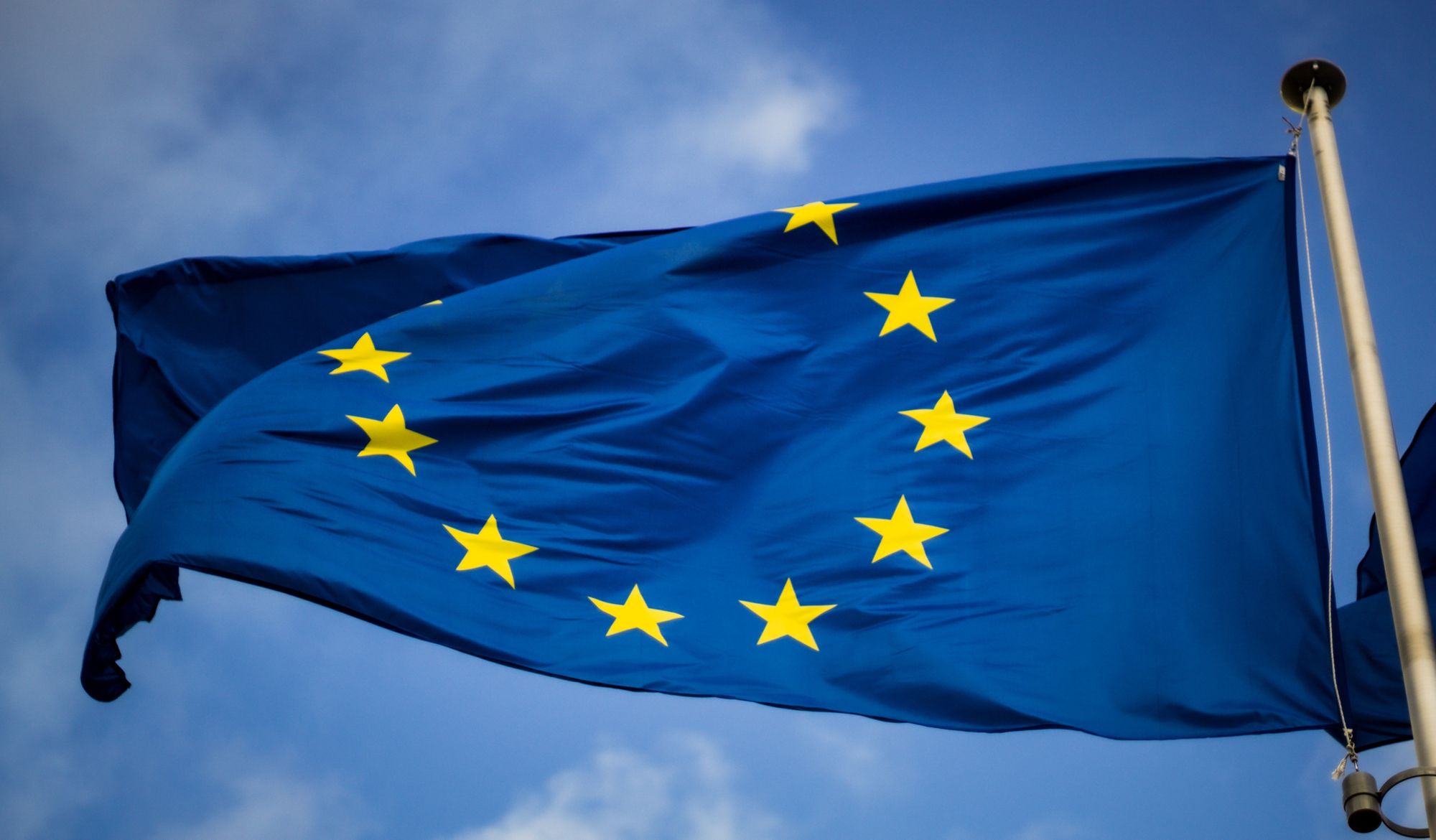This blogpost is based on the new complete report for the European Union authored by Tamara Hervey and Sabrina Roettger-Wirtz in the Oxford Compendium of National Legal Responses to Covid-19, as well as Vincent Delhomme, Tamara Hervey, ‘The European Union’s response to the Covid-19 crisis and (the legitimacy of) the Union’s legal order’, Yearbook of European Law, 2023.
The European Union (EU) is not a state. There is no ‘EU healthcare system’. The organisation and financing of healthcare systems falls within the competence of EU Member States. The EU has limited competence in public health. Some aspects of public health regulation are harmonised at EU level, but, in general, the hallmark of EU action in the public health domain is coordination and persuasion. Many aspects of the legal response to the Covid-19 pandemic within the EU therefore took place at national, or even sub-national, level. The EU did not order stay-at-home measures, deal with hospital planning, devise vaccine strategies, or set up furlough schemes. Member States were in charge.
Despite this allocation of powers, the EU has nonetheless been very active in response to Covid-19, especially using soft law and other ‘steering’ mechanisms. Further, the EU has engaged the full panoply of exceptions and derogations within its legal provisions, across a wide range of areas including free movement of people, state aids to industry, competition law and consumer protection law. For those who had previously assumed that EU law embodies a narrow notion of the disciplines of the EU’s internal market, which favours ‘economic’ interests over ‘health’ interests, the pandemic shows this view is mistaken. The EU’s Covid-19 response is instead based on creative interpretations of EU law, designed to meet the needs of human health.
The most controversial aspect of the EU’s Covid-19 response is the way that the EU has redefined its fiscal and economic governance competences to create and implement a plan for economic recovery which, though formally limited in time, far exceeds in scale and scope any previous EU redistributive activity. ‘NextGenerationEU’ involves the Commission borrowing funds on capital markets on behalf of the EU. NextGenerationEU is not only an emergency instrument. It supports post-pandemic ‘recovery’ and also longer-term ‘resilience’ in the Member States. The funds allocated are being used for objectives that ostensibly have little to do with Covid-19, such as the green and digital transitions sought for the EU’s economy.
The European integration project has often made legal and institutional changes in response to crises. This is not really the case for the Covid-19 pandemic. Instead, the EU’s legal response takes place within its existing competences, rather than extra-legally or using international law, giving enhanced legitimacy to EU Covid-19 law. On the other hand, however, the move to executive and technocratic governance associated with the EU’s pandemic response is a step backwards in terms of legitimacy, regarding both policy substance and law enforcement. The lack of democratic or judicial oversight over EU Covid-19 (soft) law negatively affects its legitimacy.
TWEET
